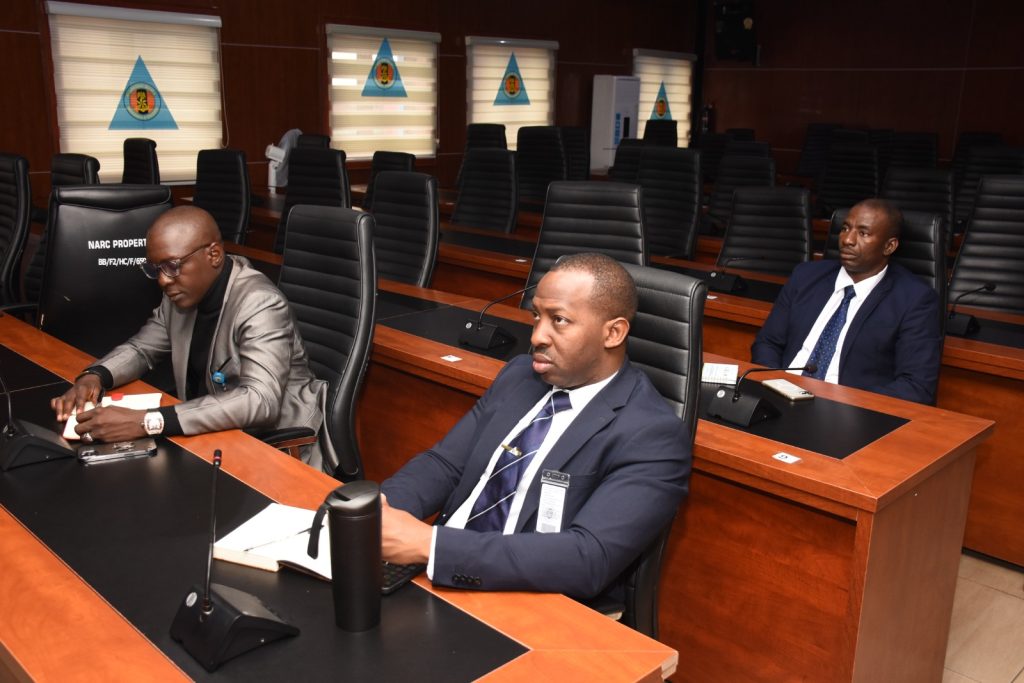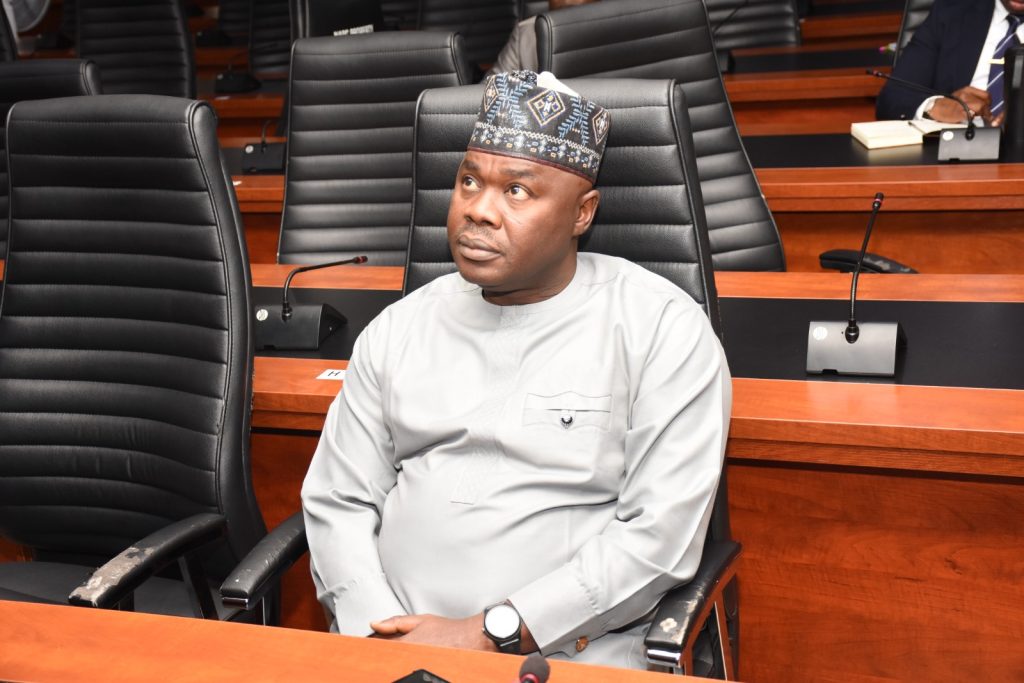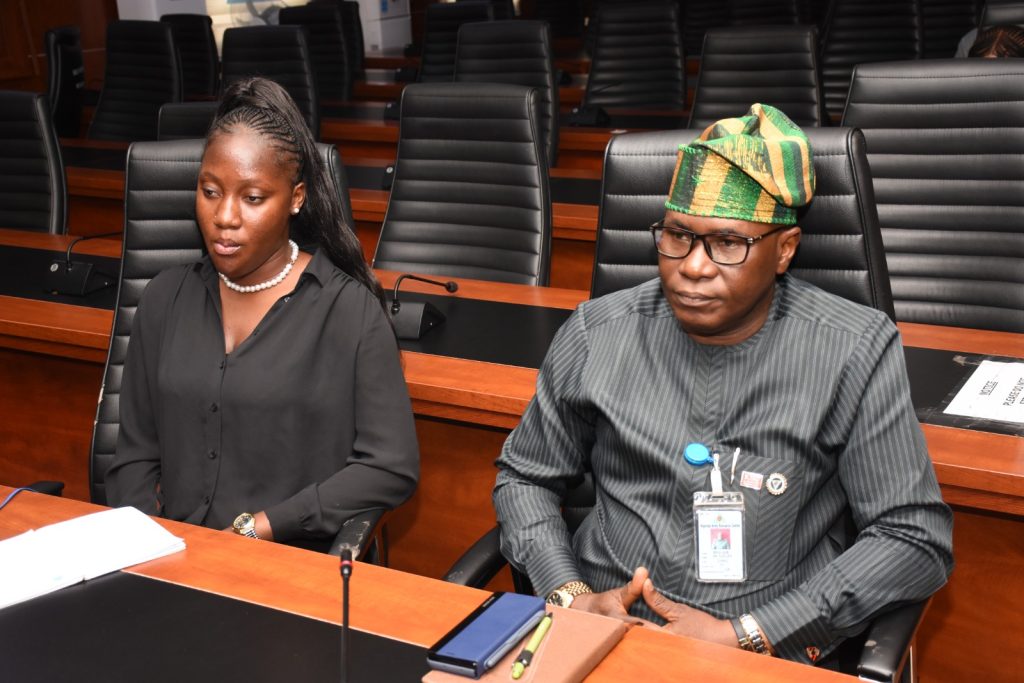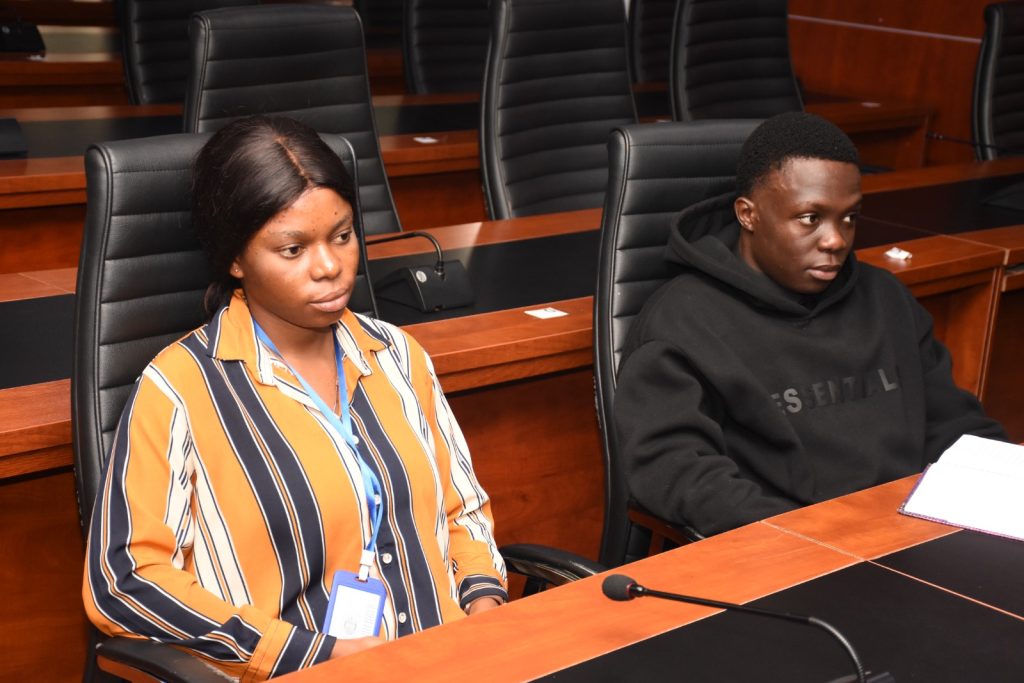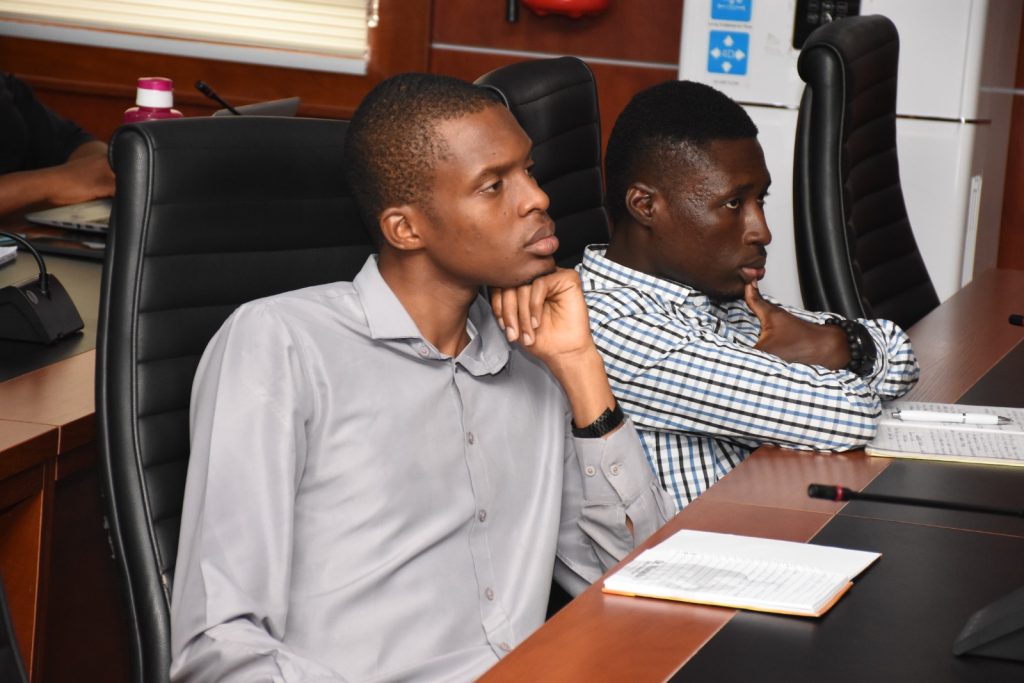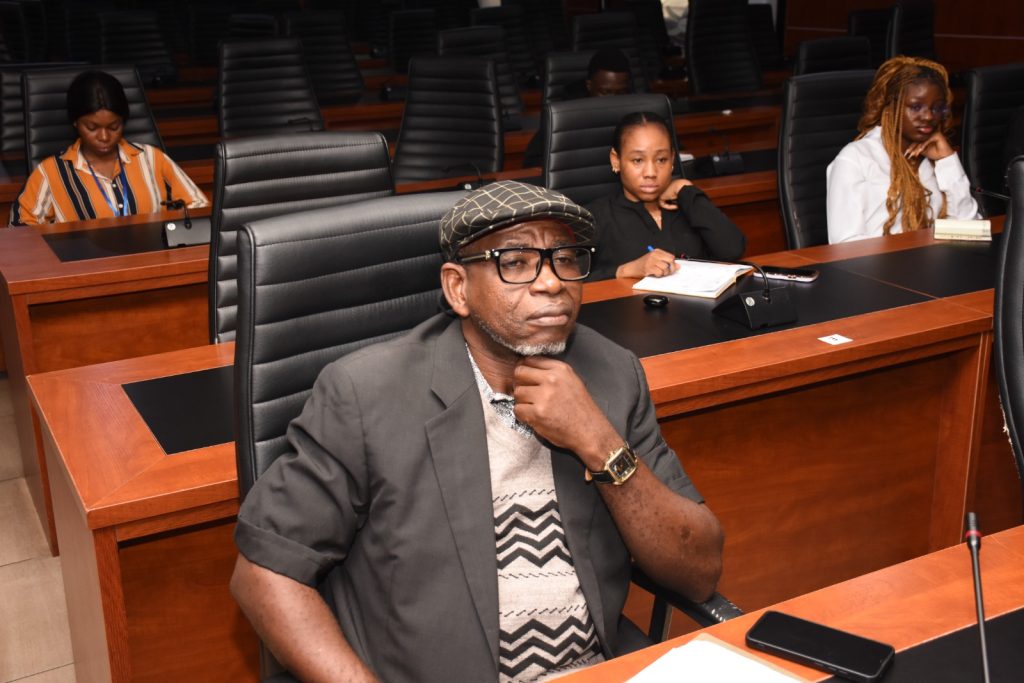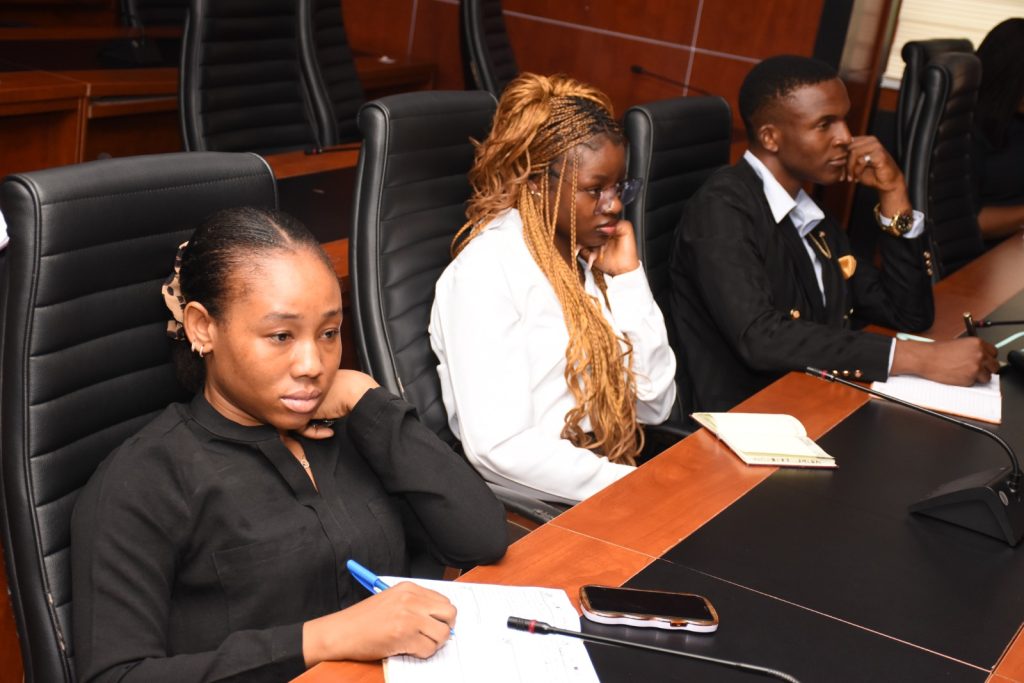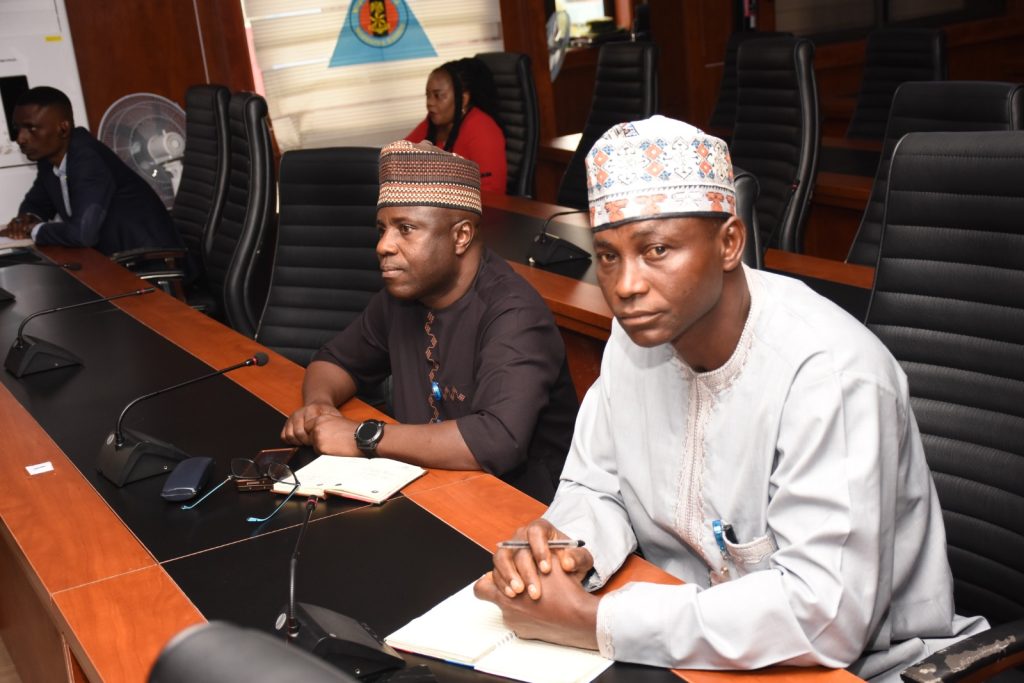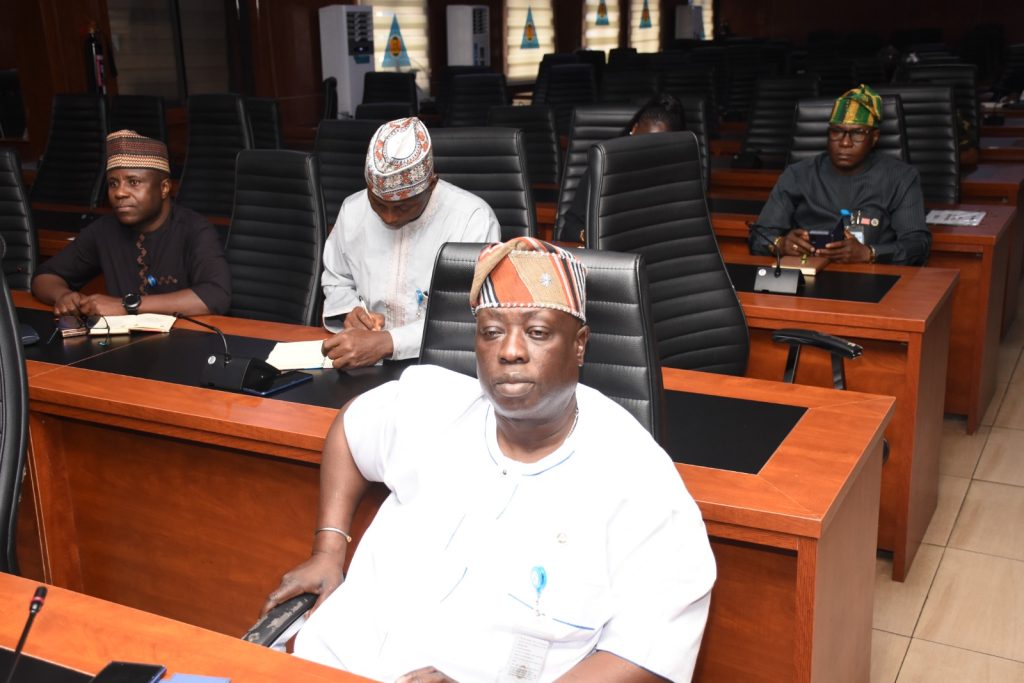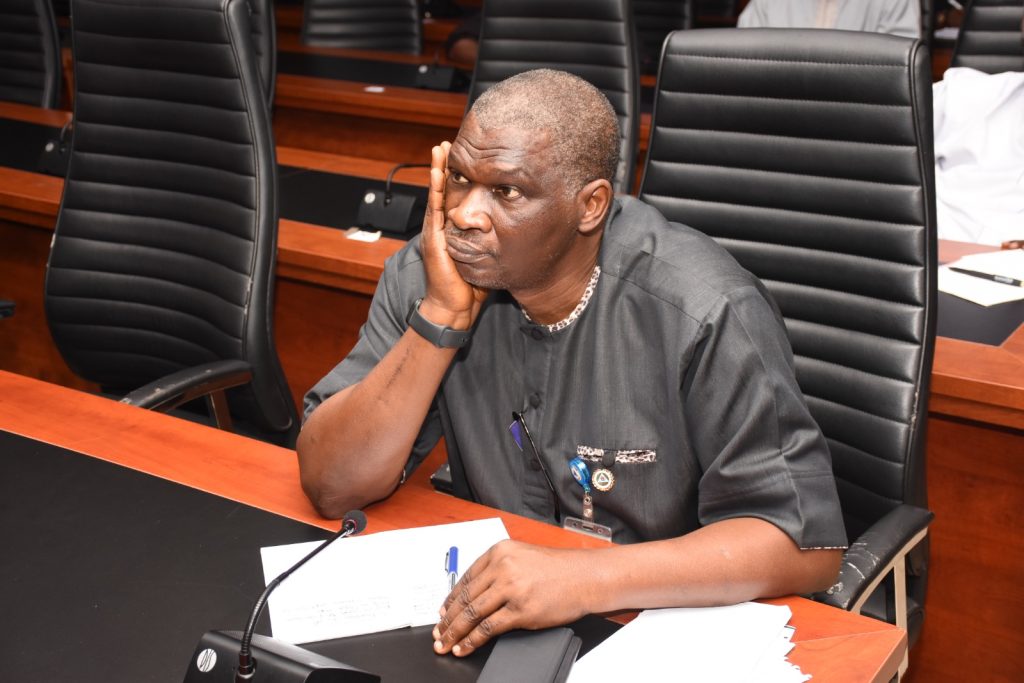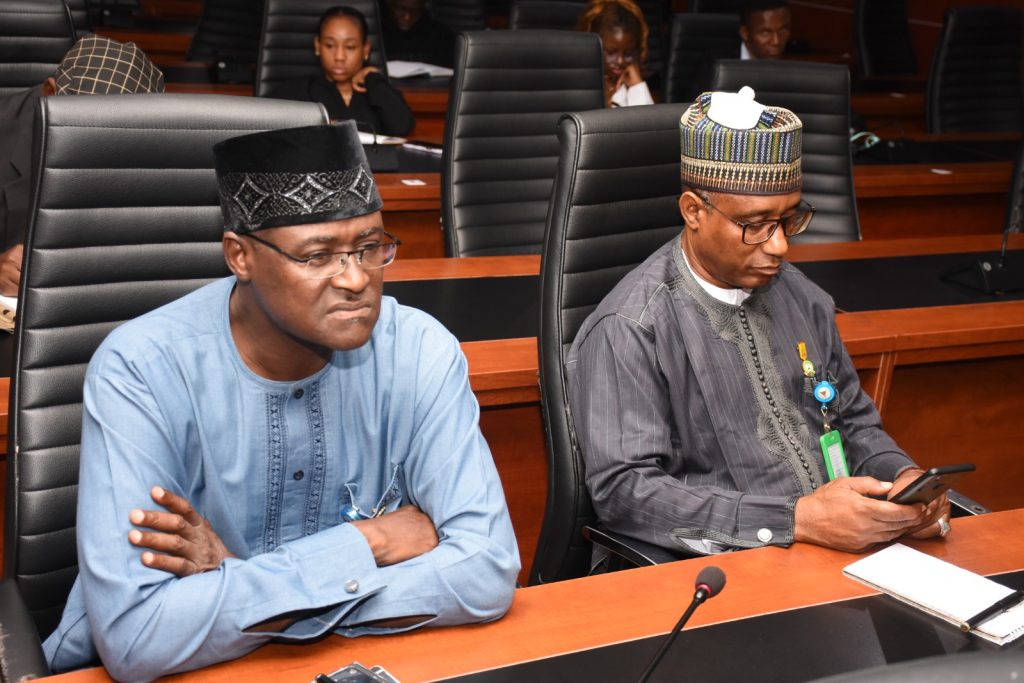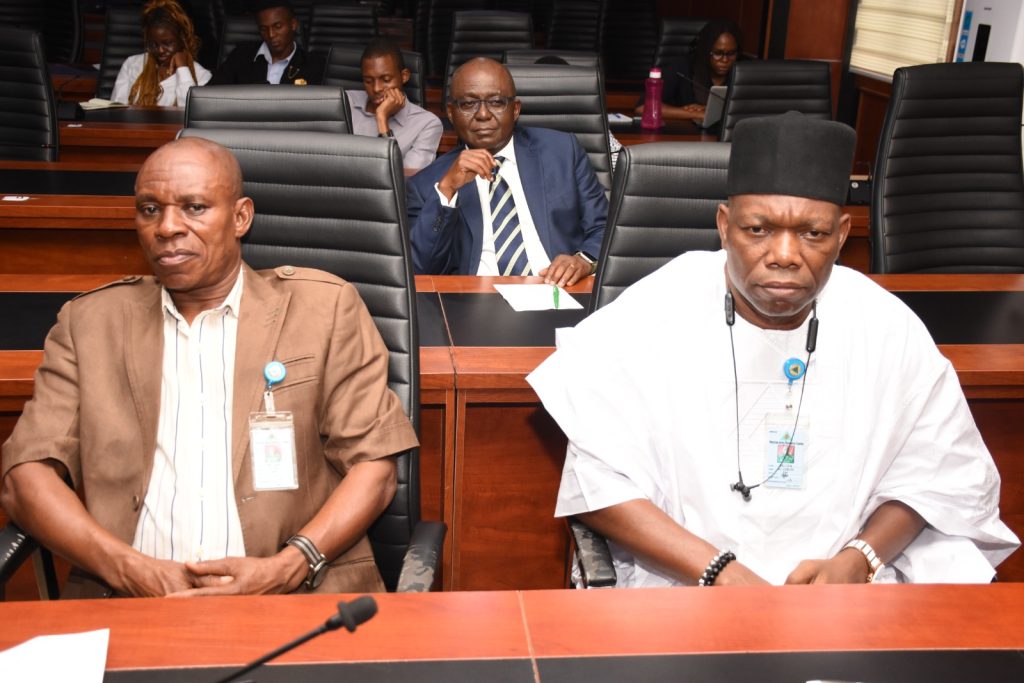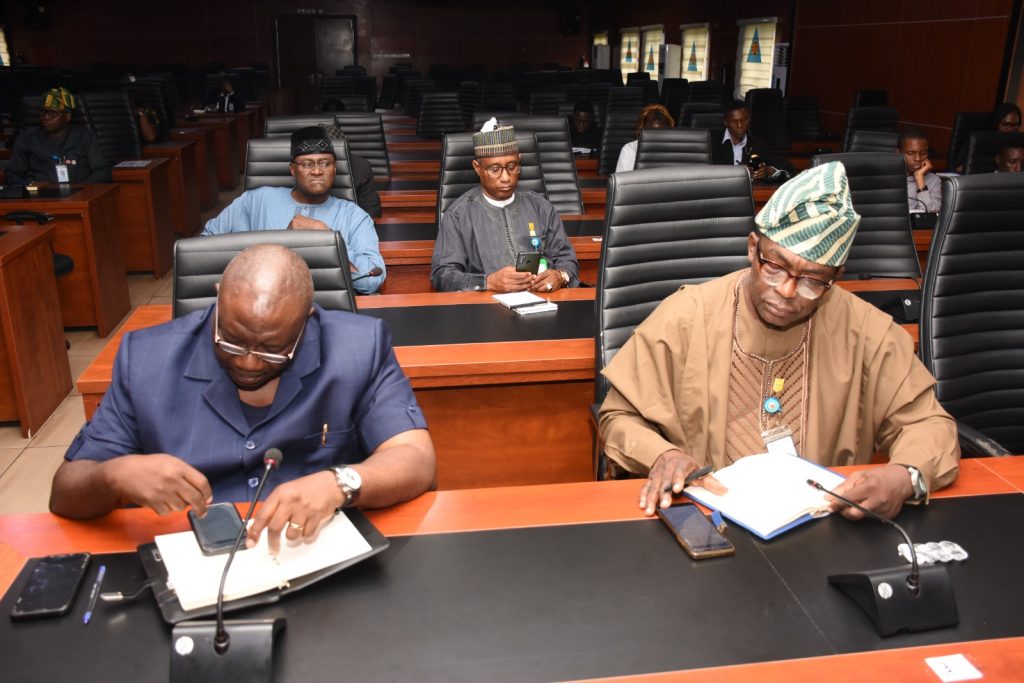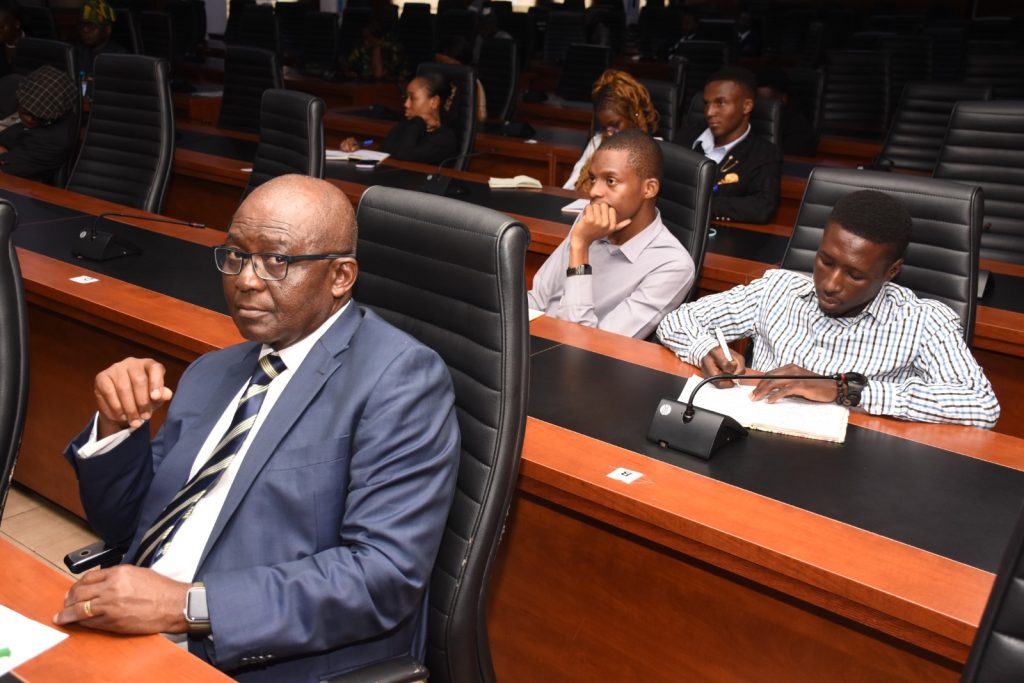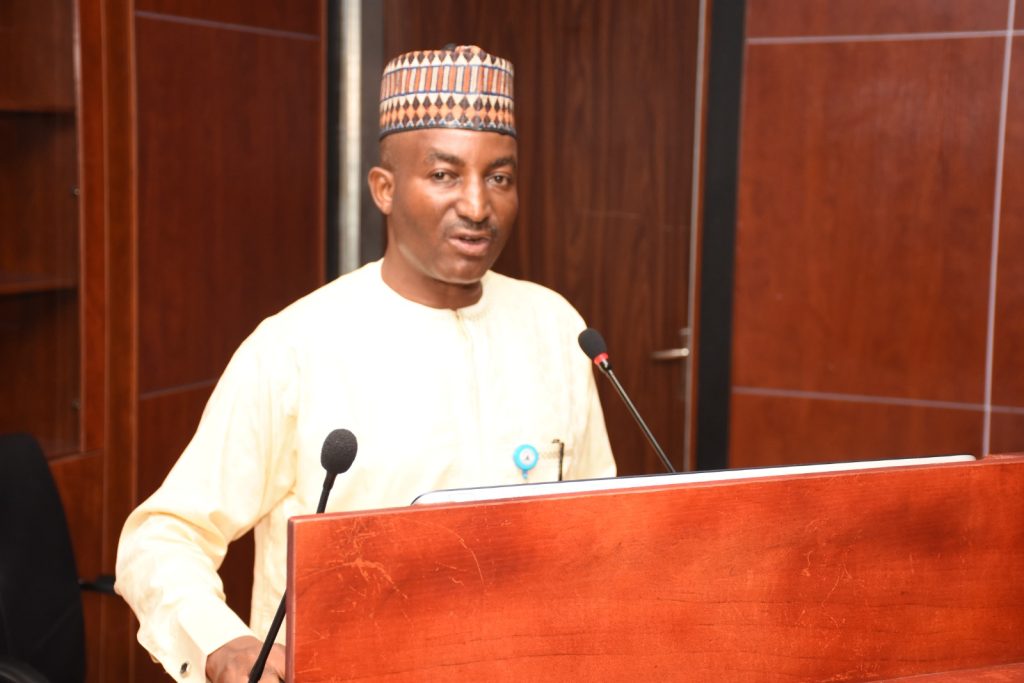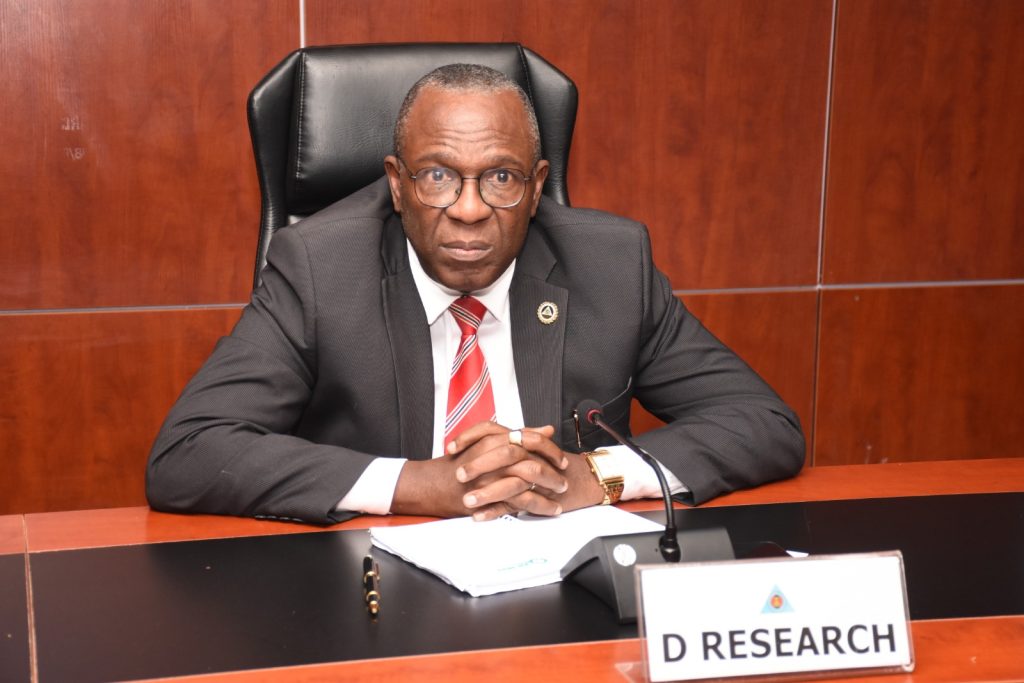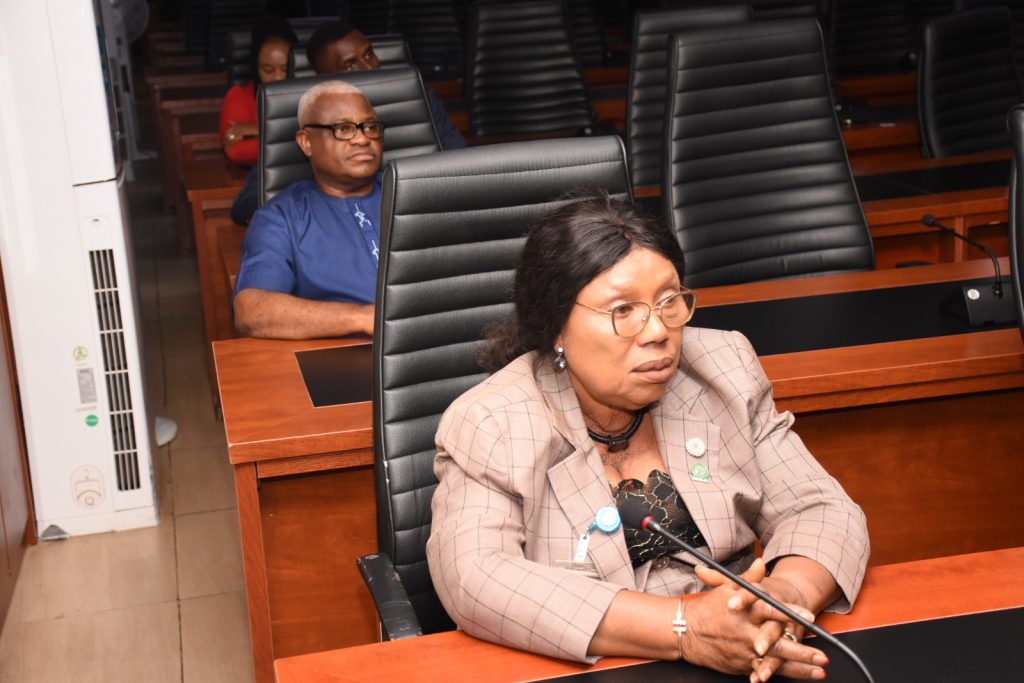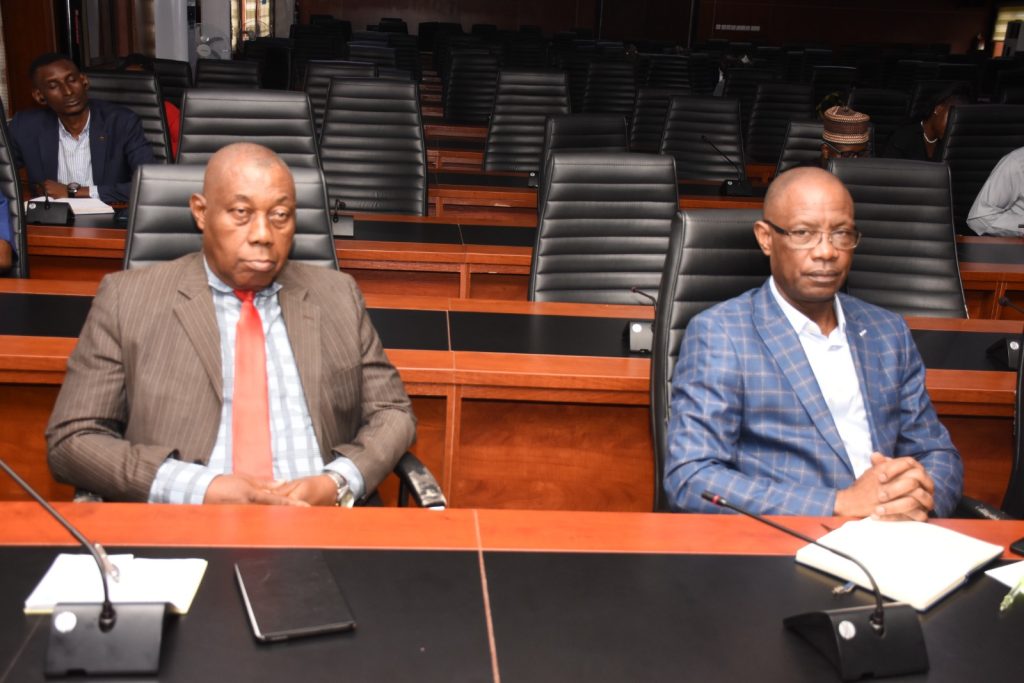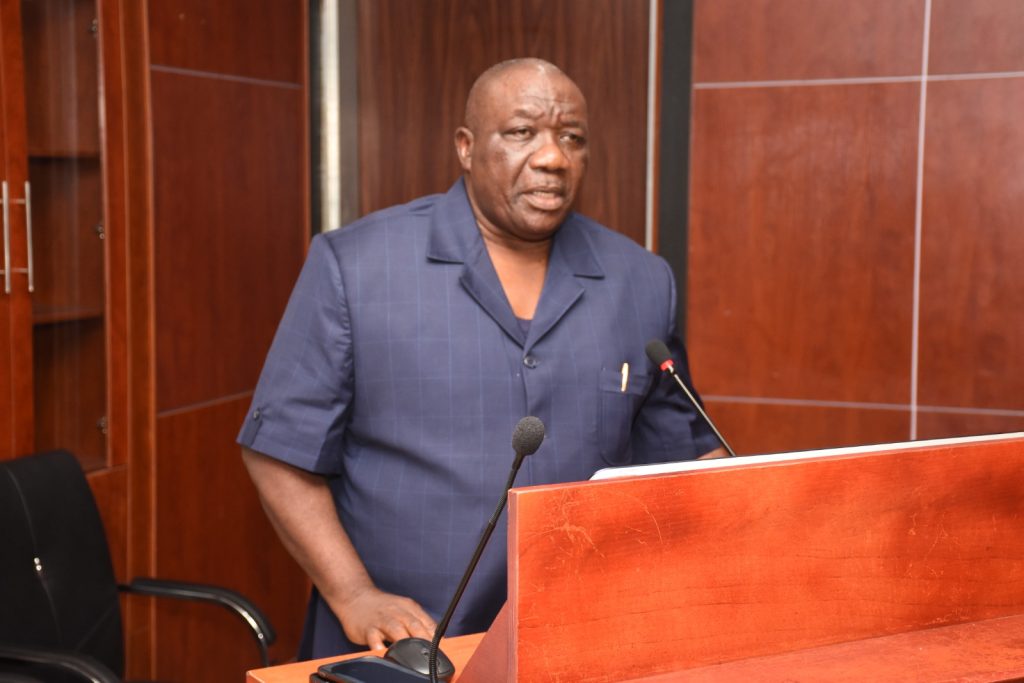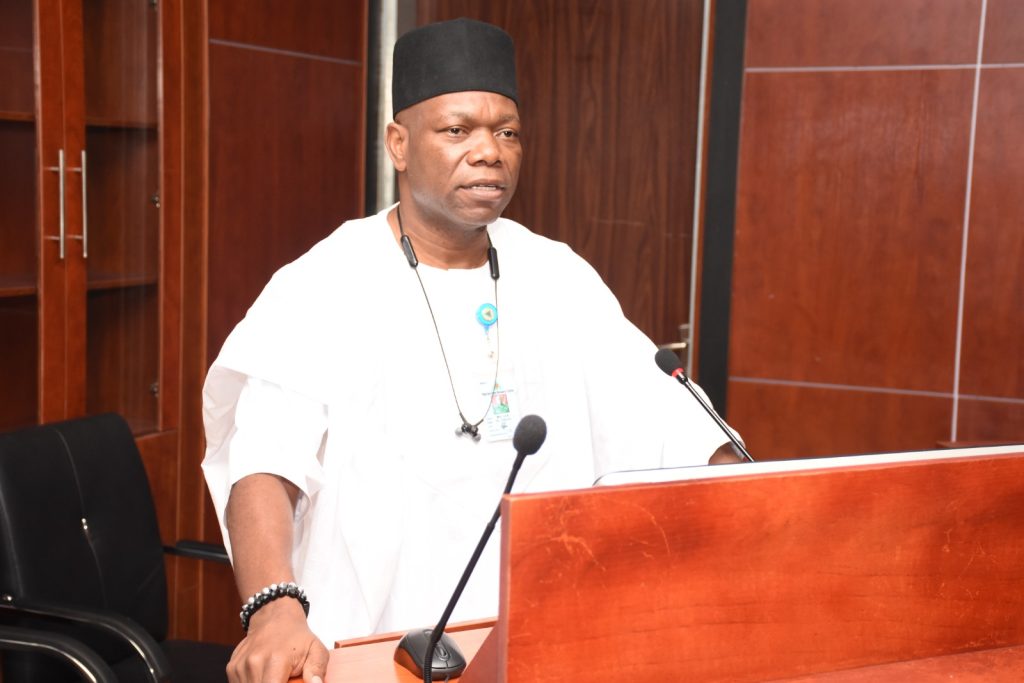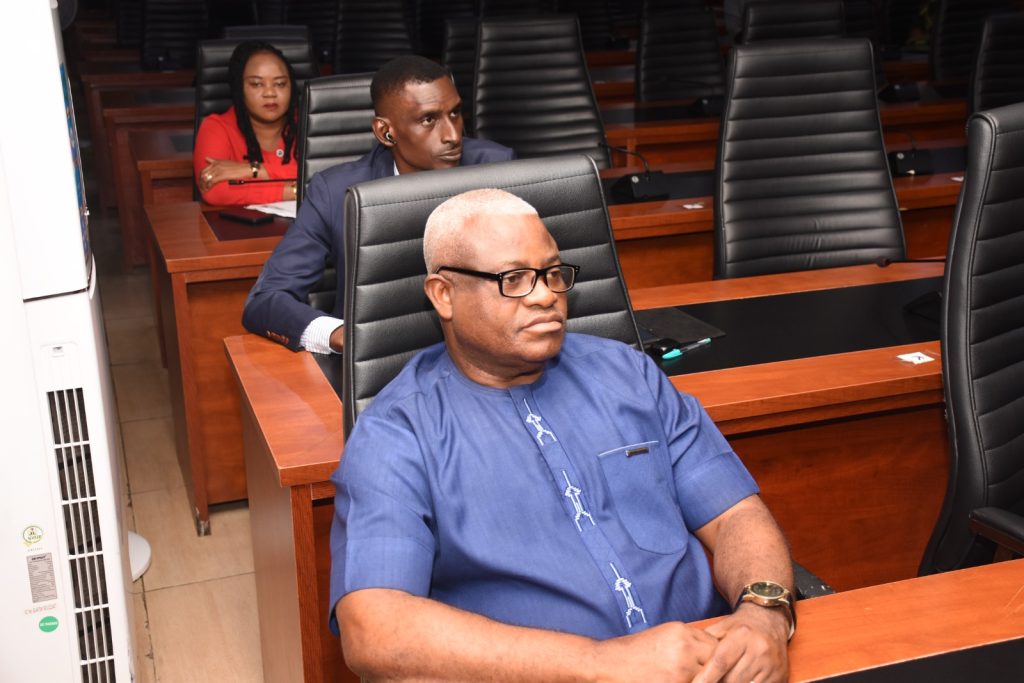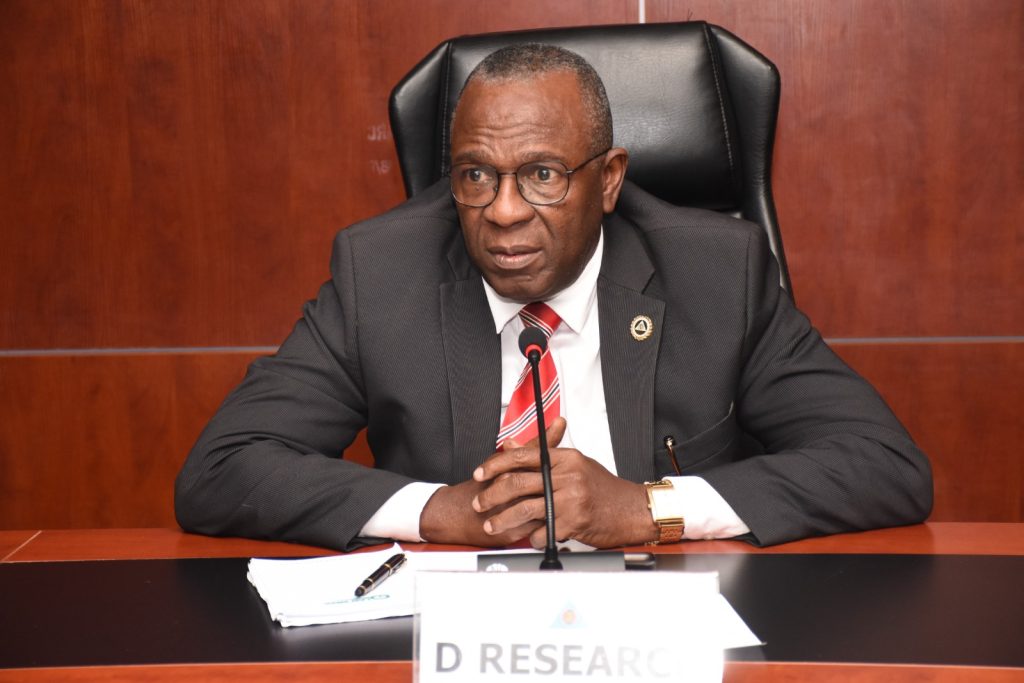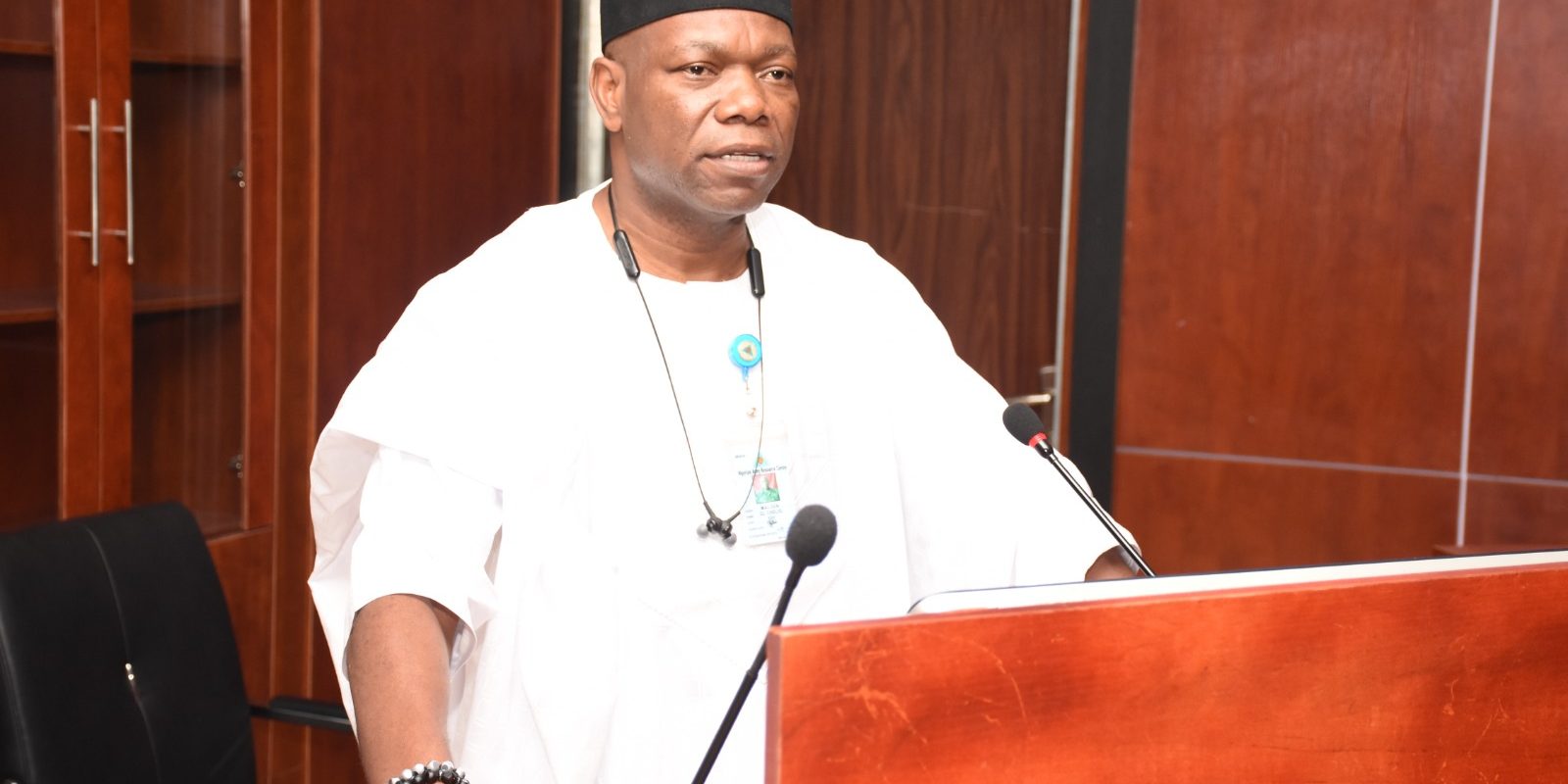The Monday 26 August, 2024 edition of the Nigerian Army Resource Centre (NARC) Weekly Subject Experts’ Presentation was held at Hall C, TY Buratai Block, Abuja. There were three presentations made by the Subject Experts on Central America, West Africa including Equatorial Guinea and Western Europe.
The first presentation by AVM SK Usman subject expert on Central America centered his presentation on how Costa Rica Enforces New Vaping Regulations to Combat Health Risks. Costa Rica’s Ministry of Health issued a new resolution prohibiting the sale and importation of synthetic nicotine and cannabinoid vaping products, in an effort to curtail uptick in vaping-related illnesses and injuries. Vaping is a growing trend in smoking habit which involves the use of modern electronic device known as E-Cigarette or Vape. Vaping involves inhaling and exhaling aerosol, often called vapour, generated by an e-cigarette or a comparable device. These devices function by heating a liquid, usually composed of nicotine, flavorings, and various other chemicals, to produce a vapour for the user to inhale. Unlike traditional cigarettes, which burn tobacco to produce smoke, vaping devices use a battery-operated mechanism to vaporize the liquid, allowing users to inhale without the combustion process. Vaping has been marketed as a safer alternative to smoking compared to traditional cigarettes, because it eliminates the harmful byproducts of tobacco combustion, such as tar and carbon monoxide.
However, research has indicated several potential health risks from vaping, which can lead to nicotine addiction, especially among teenagers, due to the appealing flavours and ease of access. Furthermore, studies have suggested a possible link between vaping and respiratory issues, including lung injury and inflammation. The long-term health effects of vaping are still being studied, however, its health implications and risks, particularly for young people, remain a growing concern to Costa Rica and the worldwide. The variety of flavours and the perception of reduced harm, have made vaping predominantly appealing to younger demographics. Accordingly, vaping in Costa Rica is prohibited in some areas such as health centers, workplaces, educational institutions, shopping centers, casinos, nightclubs, discotheques, bars, restaurants, hotels, and sports facilities.
In his analysis and lessons for Nigeria, AVM SK Usman stressed out that Smoking in Nigeria has been an age long habit with a significant public health concern. It ranges from smoking tobacco in various forms, to smoking shisha, including vaping and to smoking hard drugs such as Marijuana (Wee-wee). According to the 2019 Global Adult Tobacco Survey (GATS), 4.5% of Nigerians aged 15 years and older use tobacco products. About 6.4% of men and 1.9% of women smoke tobacco. Also, 4.1% of males and 1.1% of females aged 13 – 15 years have tried smoking. It is pertinent to note also that 82.6% of non-smokers are exposed to second-hand smoke in public places, with approximately 17,500 annual deaths resulting from tobacco-related illnesses. Vaping in Nigeria is relatively recent compared to the developed world. E-cigarettes were introduced in Nigeria around the early 2010s, following the global trend. Initially, vaping was not widely popular due to the high cost of devices and e-liquids, limited availability, and a lack of awareness. However, over the past few years, there has been a significant increase in the use of vaping devices across different segments of the population.
A 2020 survey found that 1.6% of Nigerians aged 15 – 24 years use e-cigarettes. About 70% of respondents were aware of e-cigarettes, with higher awareness among urban and educated populations. The common reasons adduced for vaping include to quit smoking, recreational purposes, and to manage stress. As of 2024, vaping has gained considerable traction among young Nigerians, particularly in urban areas. The proliferation of vaping shops and the availability of vaping products in various retail outlets have contributed to this growth. The appeal of vaping among Nigerian youths can be attributed to the perception of it being a modern, stylish, and socially acceptable activity.
He recommended that, the Federal Government of Nigerian should develop and enforce laws specifically targeting the sale, advertising, and use of vaping products and e-cigarettes, including age restrictions and safety standards and also the Federal Ministry of Health, Ministry of Education, and Ministry of Environment in conjunction with the National Orientation Agency should launch targeted educational campaigns to inform the public, especially young people, about the health risks of vaping and smoking other substances, using diverse media platforms.
Similarly, the second presentation by Maj Gen OO Adeleke (Rtd) subject expert on West Africa including Equatorial Guinea focused his presentation on how ECOWAS Nudges Gambia Toward New Constitution. APA News reported on 17 Aug 2024 that the ECOWAS commission has said re- gazetting the draft constitution in the Gambia represents an important milestone in producing a new national blueprint reflecting the wishes of its citizens. The Gambia government earlier this week announced the re- gazetting of the controversial draft constitution, giving it a second shot at life after it was shelved three years ago. The draft was shot down by mostly MPs of the ruling National People’s Party and their allies in the national assembly, apparently uncomfortable with several of its provisions including a limited term for the occupant of the presidency and the word ‘secular’ to describe the Gambian state which was muddled in controversy.
In a statement, the government said after reviewing the draft constitution that was presented by the Constitutional Review Commission (CRC) on the 30th day of March 2020, it was re-gazetting the draft on Wednesday for eventual tabling before the national assembly. This will be for a three month period and subsequently for another ten days as required under the 1997 constitution it is meant to eventually replace. “The draft, as it currently stands, reflects our national values and ethos, and is consistent with the existence of The Gambia as a sovereign independent republican state with a multi-party democracy premised on democratic principles with periodic elections based on universal adult suffrage” the statement from the presidency said.
In his analysis and lessons for Nigeria Maj Gen OO Adeleke noted that Many Nigerians including erudite Constitutional Law Lawyers have expressed serious reservation about the process leading to the making of the 1999 Constitution, and the resultant lack of popular acceptability occasioned by the process of its making. For instance, Chief Rotimi Williams, SAN, a foremost Constitutional Law Lawyer described the 1999 Constitution as a “document that tells lie against itself.” Professor Itse Sagay, SAN, categorically described the Constitution as a “fraud.” The erudite Constitutional Law Lawyer and a foremost Professor of Law, Professor Ben Nwabueze, SAN, described the Constitution as an “illogicality”. That the 1999 Constitution is a “Unitary Constitution for a Federal System of Government.” A group of eminent Nigerians popularly known as the Patriots lead by Chief Emeka Anyaoku, the former Secretary General of the Commonwealth of Nations, also recently presented their position to the President on the constitution. They stated in summary that: the country’s current constitution is illegitimate and inadequate because it lacks a direct and clear peoples mandate and does not reflect the diversity of Nigeria’s people.
The Patriots also hold that many issues affecting the country are, in reality, symptoms and consequences of an inappropriate structure of the country. The reality of our Constitutional structure and power sharing today is that simple items such as census, labour, trade unions and industrial relations, mines, minerals, natural gas, drugs, evidence, trade and commerce are on the Exclusive Legislative List. Not to talk of the Policing system. This is in addition to 30 items under the Concurrent Legislative List for which both the Federating States and the Federal Government have powers to make laws, subject of course to the supremacy of the Federal Law over the State Law on any such matter where one is inconsistent with the other. Rotimi Akeredolu (SAN), faulted the 1999 constitution, which puts security on the exclusive list of the federal government as well as the concept of the federating unit being practiced in the country. He said that “We hold it as self-evident that a federal state must put in place a system of administration, which reflects its heterogeneous character. The Federating units must progress from the semblance of autonomy to the recognition of their unique features, which justify their existence”.
He recommended that the FGN should drive a wholesale replacement of the 1999 Constitution with a new one and also speedily constitute a constituent assembly as suggested by the patriots to produce a new draft constitution for Nigeria.
The third presentation by Maj Gen GU Chibuisi subject expert on Western Europe focused his presentation on, The Uk’s Clampdown on International Students Has Exposed How Much Universities Depend on Foreign Money. The Economic Times published an article on 19th August 2024, titled “UK’s Clampdown on International Students has exposed how much universities depend on Foreign Money”. The article highlighted how Britain’s university funding model is in turmoil, with many institutions facing deficits. The crisis follows a decline in international student enrolments, triggered by stricter visa regulations. Notably, the Economic Times stressed how Britain’s universities, though featured among the world’s topped-ranked universities, are now grappling with significant financial instability. Prime Minister Keir Starmer acknowledged the issue during a recent campaign trip but failed to offer concrete solutions. Regulators have reported that 40% of England’s universities are expected to operate at a deficit for the 2024/2025 Academic Year, with some facing the possibility of insolvency for the first time.
The Economic Times on its part, noted that in the first quarter of 2024, international student visa applications dropped by 44%, with an 80% decrease for dependents. The system is such that, though many universities incur losses for domestic students, they are offset with the higher fees from international students, who generally pay more than double the tuition. Fees for domestic students at English universities were capped at £9,000 ($11,554) in 2012 and have remained at £9,250 since 2017. If these fees had kept pace with inflation, they would have exceeded £12,000 by now. The financial crunch was also partly attributed to the previous government’s politically motivated decision to curb immigration by preventing most international graduate students from bringing family members and by raising the salary threshold for work visas.
In his analysis and lessons for Nigeria Maj Gen GU Chibuisi noted that Nigerian students have historically sought education in the UK for various reasons, including the quality of education, the global recognition of UK degrees, and the opportunity to gain international exposure. However, with the increasing difficulties in studying in the country, Nigerian students are exploring alternative study destinations, such as Canada, Australia, and European countries that offer more favourable conditions. The root cause of seeking studies abroad stems from challenges with the Nigerian education system,that has been plagued by issues such as inadequate funding, poor infrastructure, limited research opportunities, and frequent strikes by academic staff. The situation also raises concerns about the brain drain that has affected Nigeria for decades.
Many Nigerian students who study abroad do not return to Nigeria after completing their studies, leading to a loss of talent and expertise that could contribute to the country’s development. The Institute of International Education (IIE), estimates that there are over 100,000 Nigerian students studying in various countries as at 2023, including the United States, United Kingdom, Canada, Australia, and Malaysia (IIE, 2023). Nigeria ranked among the top 10 countries with the highest number of students in the United States, with over 13,000 Nigerian students. Majority of them are enrolled in graduate programs, seeking advanced degrees in fields such as science, technology, engineering and mathematics. Similarly, the UK Higher Education Statistics Agency (HESA) reported that during the 2021/2022 Academic Year, there were approximately 21,305 Nigerian students enrolled in UK universities (HESA, 2023). This number marked a significant increase from previous years, reflecting the growing trend of Nigerians seeking education abroad, despite economic challenges.
He recommended that the FGN should launch targeted international marketing campaigns to promote Nigerian universities in countries where the UK has traditionally been a preferred destination and also Encourage Nigerian universities to embrace internationalization through partnerships, exchange programs and improved global rankings.
